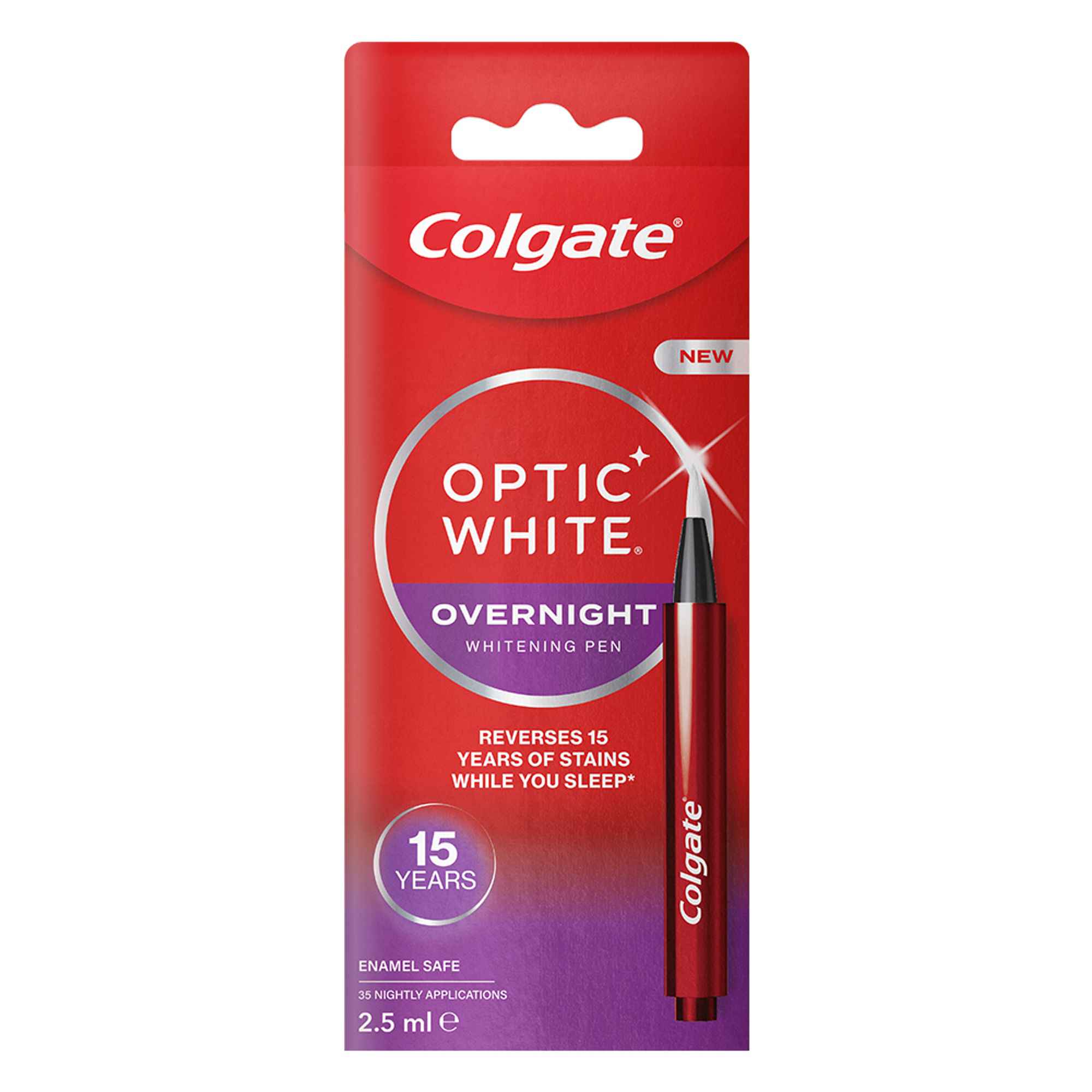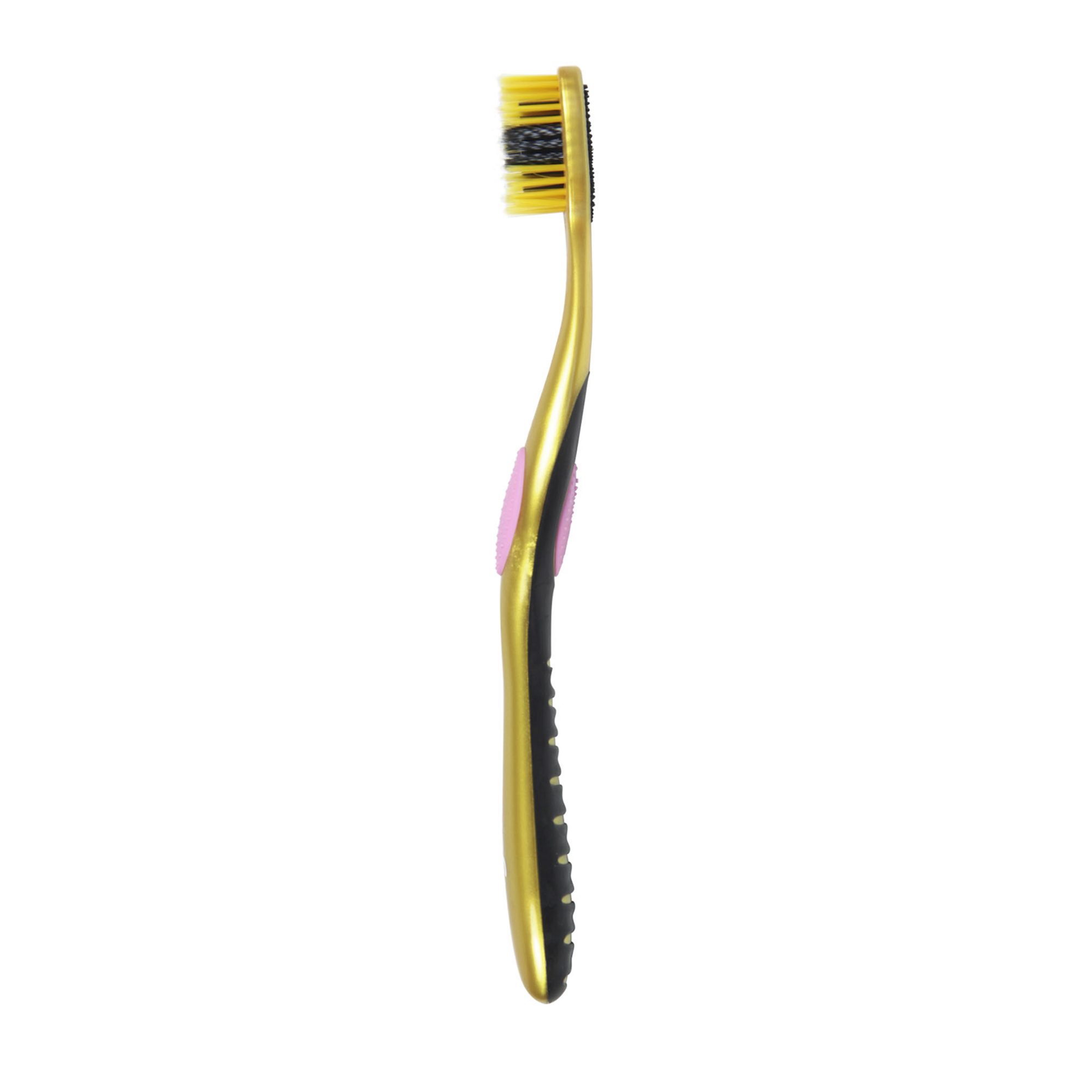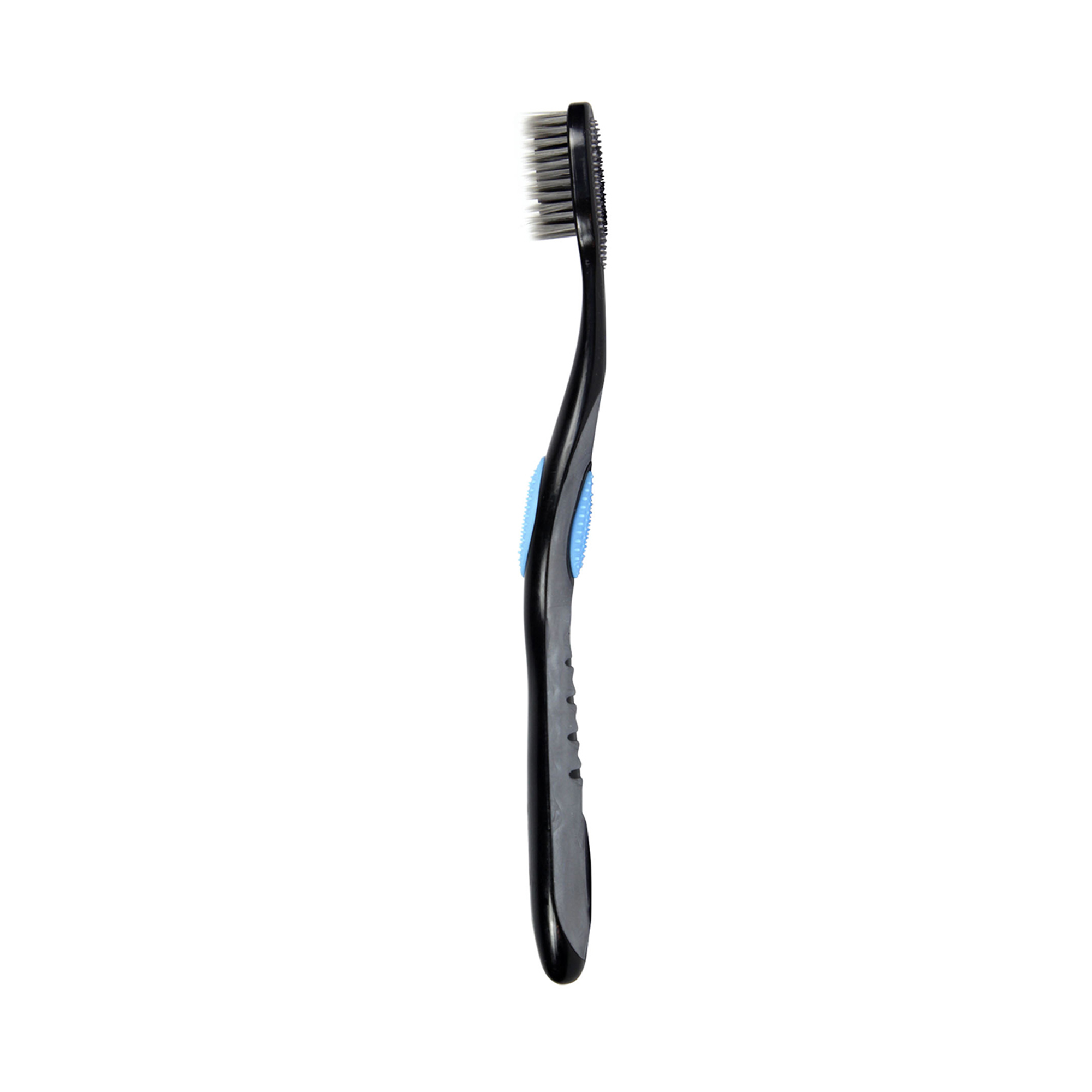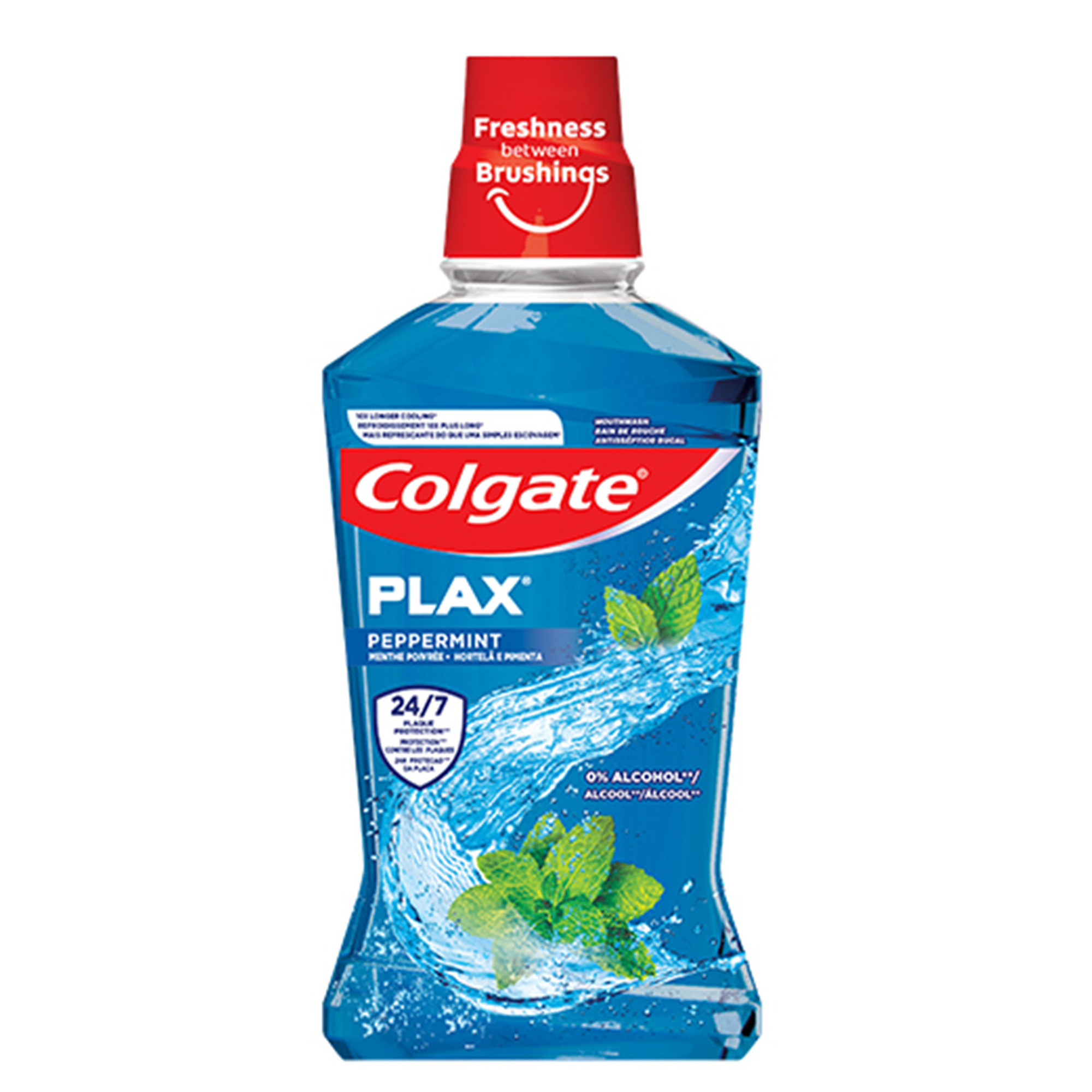Some common questions that may first come to mind probably include why is my tongue gray? What causes a gray tongue? And should I worry? Let's go over the common causes of a grayish colored tongue, your risk factors, and treatments for each condition.
Leukoplakia
Leukoplakia is an oral condition that can cause white or grayish patches to appear inside your mouth. These patches can sometimes appear on the tongue, though they're often found on the cheeks or gums. It's not usually painful and may go unnoticed for a while if you don't keep up with your regular dental appointments. A sign that you have leukoplakia is that you can't gently scrape off these white or grayish patches on your own.
If you're a heavy smoker, chew tobacco, or consume alcohol in excessive amounts, you're more at risk for this condition. While leukoplakia usually isn't dangerous, it's not something you should ignore. It can be a precancerous condition, which means there's a chance that it could develop into oral cancer if left untreated.
Oral Lichen Planus
Lichen planus is an inflammatory disease that can affect different parts of your body and appear as reddish-purple rashes or bumps. When it forms inside your mouth, it can result in oral lesions that look gray and lacy, according to the Mayo Clinic. These patches that develop inside your mouth aren't itchy or painful, though some people develop ulcers, tender sores, or a burning sensation because of the oral lichen planus patches.
In most cases, you won't be able to determine the cause of oral lichen planus. But it usually occurs when your body has an abnormal immune response to something. In conjunction with a weakened immune system, oral lichen planus has a few primary triggers:
- Hepatitis C
- Flu vaccine
- Some metals and chemicals (like an amalgam filling used in dental work)
- Certain pain relievers, such as ibuprofen and medications for arthritis, heart disease, diabetes, or high blood pressure
Oral lichen planus isn't generally harmful. The Journal of Oral Pathology and Medicine reports that only one percent of cases are associated with oral cancer.
Oral Thrush
Oral thrush is an infection that's caused by the Candida fungus, also known as yeast. This fungus is naturally present in our mouths but can sometimes become overgrown, most usually in babies or older adults who have developing or weakened immune systems. Oral thrush appears as white, cottage cheese-like patches inside the mouth, including on the tongue. These patches aren't easily removed, and if you remove a patch, you will most likely find the area underneath as red and bleeding. Like leukoplakia, we do not recommend you attempt to remove oral thrush on your own.
There are many possible causes of this opportunistic oral infection, and it spreads more easily in people with a weakened or suppressed immune system, like people with diabetes or cancer. It may also develop after an antibiotic treatment since antibiotics can kill off the mouth bacteria that usually keep yeast in balance.
Poor Oral Hygiene
Sometimes something as simple as a poor oral care routine can cause a white or gray coating on your tongue. The Mayo Clinic explains that the small projections on your tongue, known as papillae, can become inflamed on the tongue's surface due to poor oral hygiene. Bacteria and dead cells get trapped in these inflamed projections and give the tongue a white coating appearance. This coating isn't just a cosmetic issue. A coated tongue caused by inadequate oral hygiene often goes hand in hand with bad breath. So that's one more reason to keep up with a rigorous at-home oral care routine!
Treatments for a Gray Tongue
If you notice your tongue has turned gray, make an appointment to see your dental professional. Your dentist and dental hygienist can examine your tongue and determine the cause of its discoloration. Your prescribed treatment, and its length, will all depend on your diagnosis. Let's go over each:
In cases where leukoplakia is responsible, surveillance is the primary treatment. This means that your dental professional will want to keep an eye on it to make sure it does not progress into cancer. It's also recommended to quit lifestyle habits that make you more susceptible to leukoplakia. So if there's ever been a time to quit smoking, chewing tobacco, or drinking an excessive amount of alcohol, it's now.
You can also treat oral lichen planus with surveillance, and the condition can go away on its own. If the lesions are uncomfortable or painful, some treatments, such as corticosteroid mouthwashes and gels, can provide symptom relief.
When oral thrush is the cause of your grayish tongue, antifungal medications are the best course of action. You may get a prescription for antifungal mouthrinses or lozenges for a mild case. If your case is more severe, a prescription for an oral antifungal medication should do the trick.
If you've been forgetting to brush or floss as often as you should, try to get back in the habit of brushing twice per day and cleaning between your teeth with floss, a water flosser, or another interdental cleaning tool once per day. Follow up your oral care routine with a mouthwash to rinse away any remaining bacteria. When you brush your teeth, remember to use a soft-bristled brush and take the time to gently clean your tongue, too.
A gray coating on your tongue can be alarming at first, so it's normal to feel an initial shock of panic! We understand this reaction. But remember that most causes of tongue discoloration are relatively harmless, especially if treated right away. Your main priority should be to see a dental professional for diagnosis, who will discuss with you a planned course of treatment if needed.
It's important to be gentle when flossing. We do not recommend scraping at oral lesions or brushing them too hard, as some will need medication for removal. If you're worried about your tongue, see your dental professional as soon as possible, as they will help put your mind at ease and get you back on track to feeling confident about your smile!
This article is intended to promote understanding of and knowledge about general oral health topics. It is not intended to be a substitute for professional advice, diagnosis or treatment. Always seek the advice of your dentist or other qualified healthcare provider with any questions you may have regarding a medical condition or treatment.
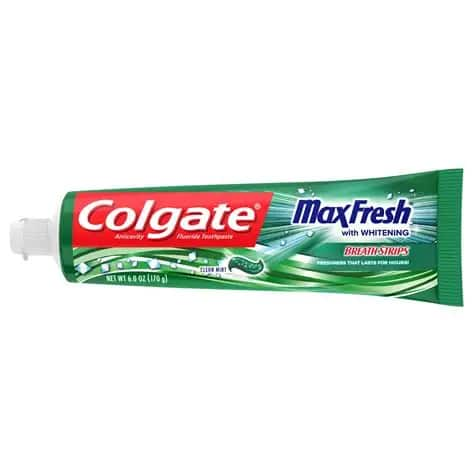
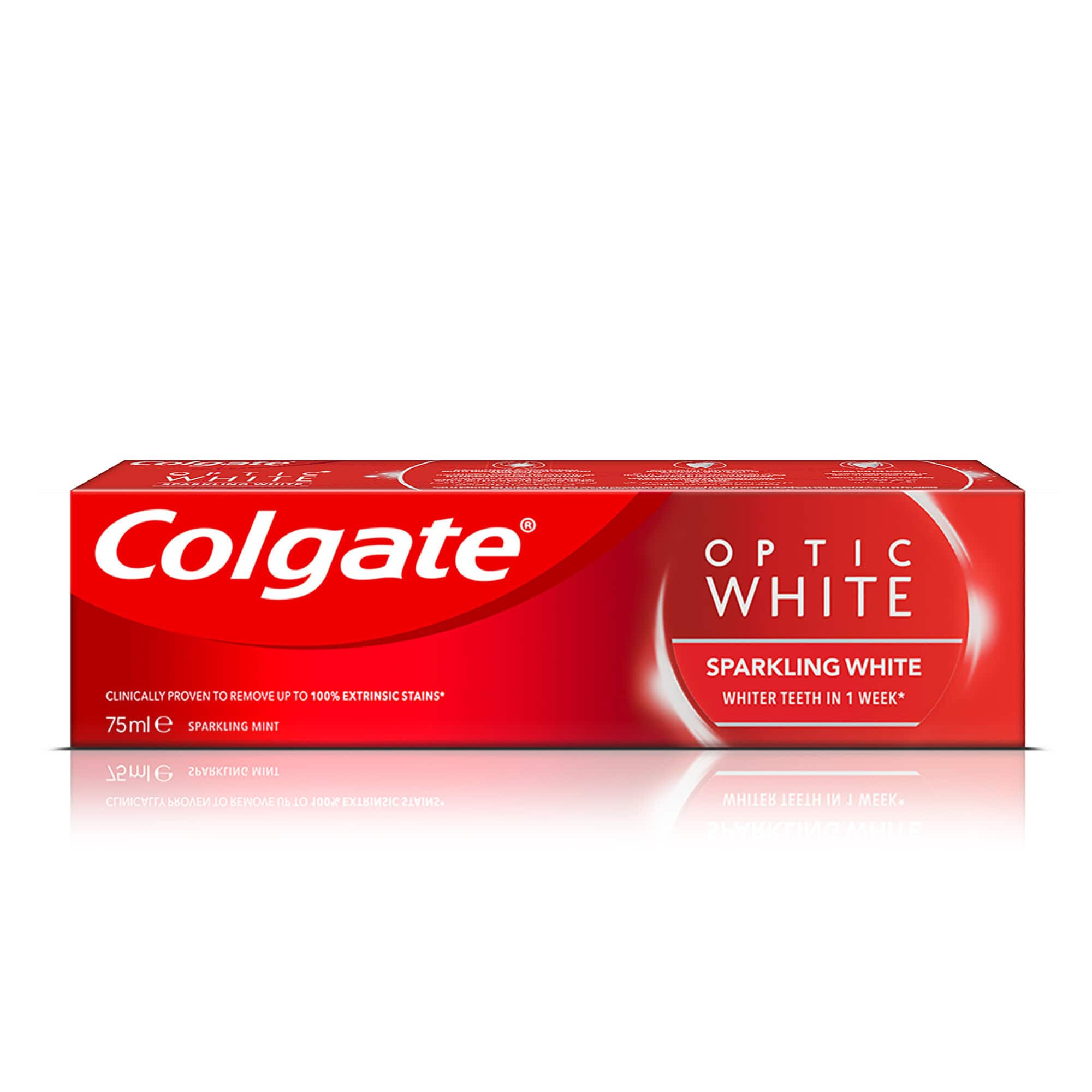
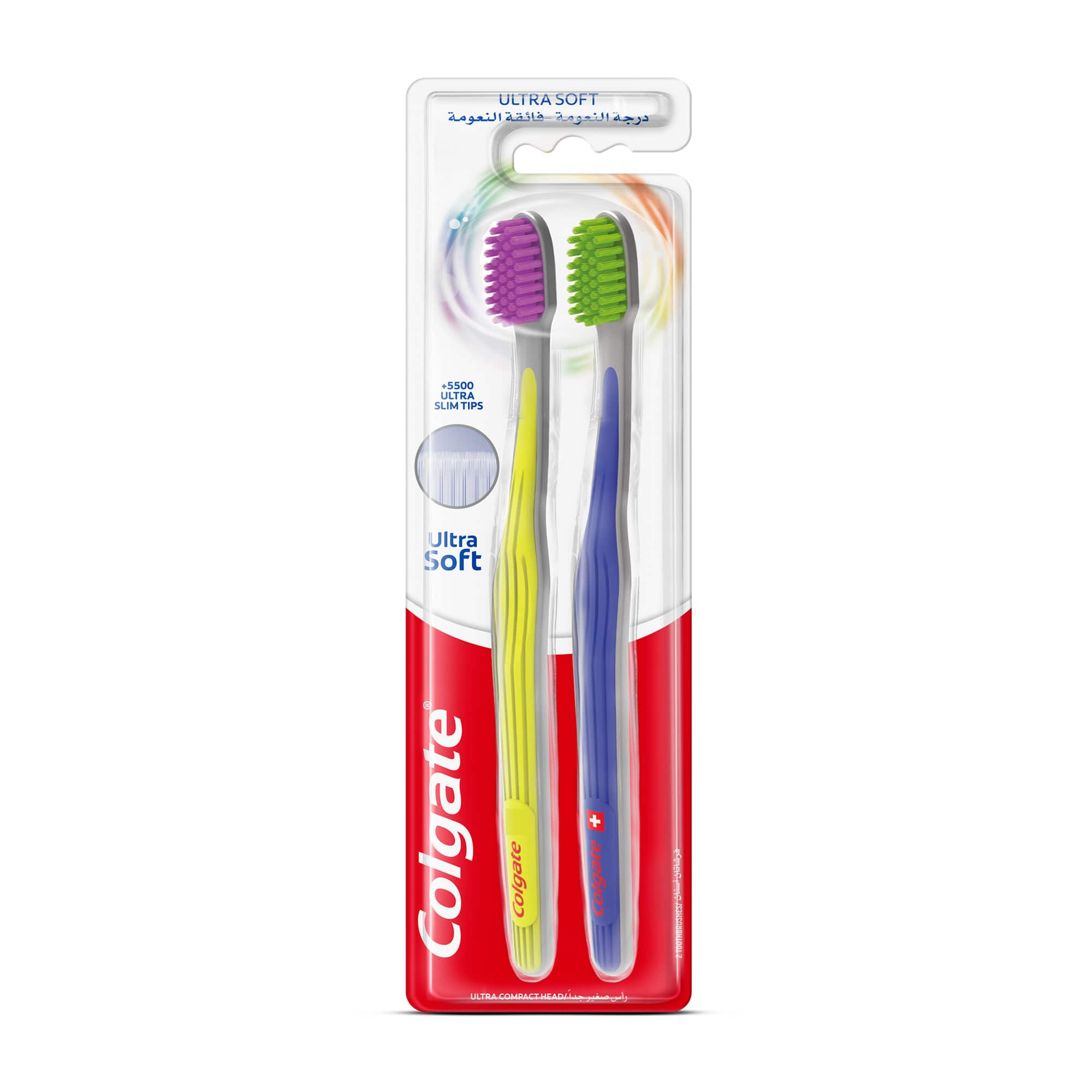


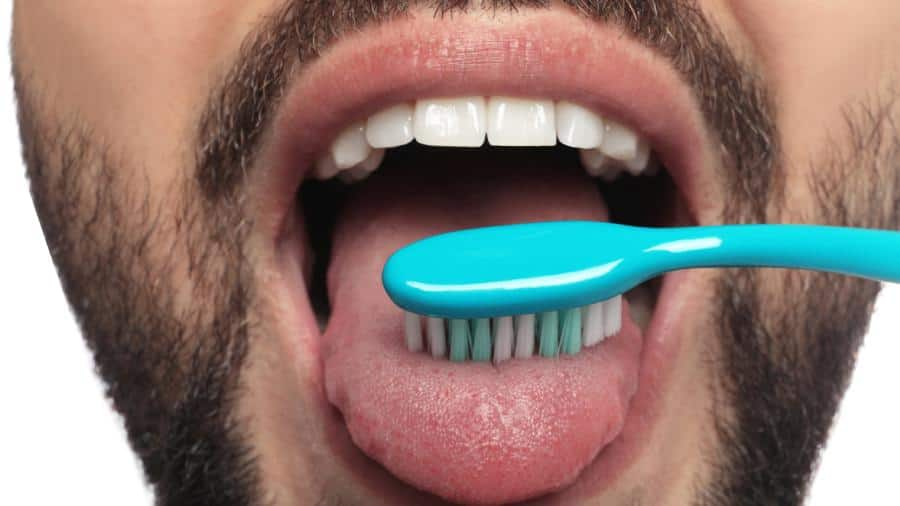
.jpg)


